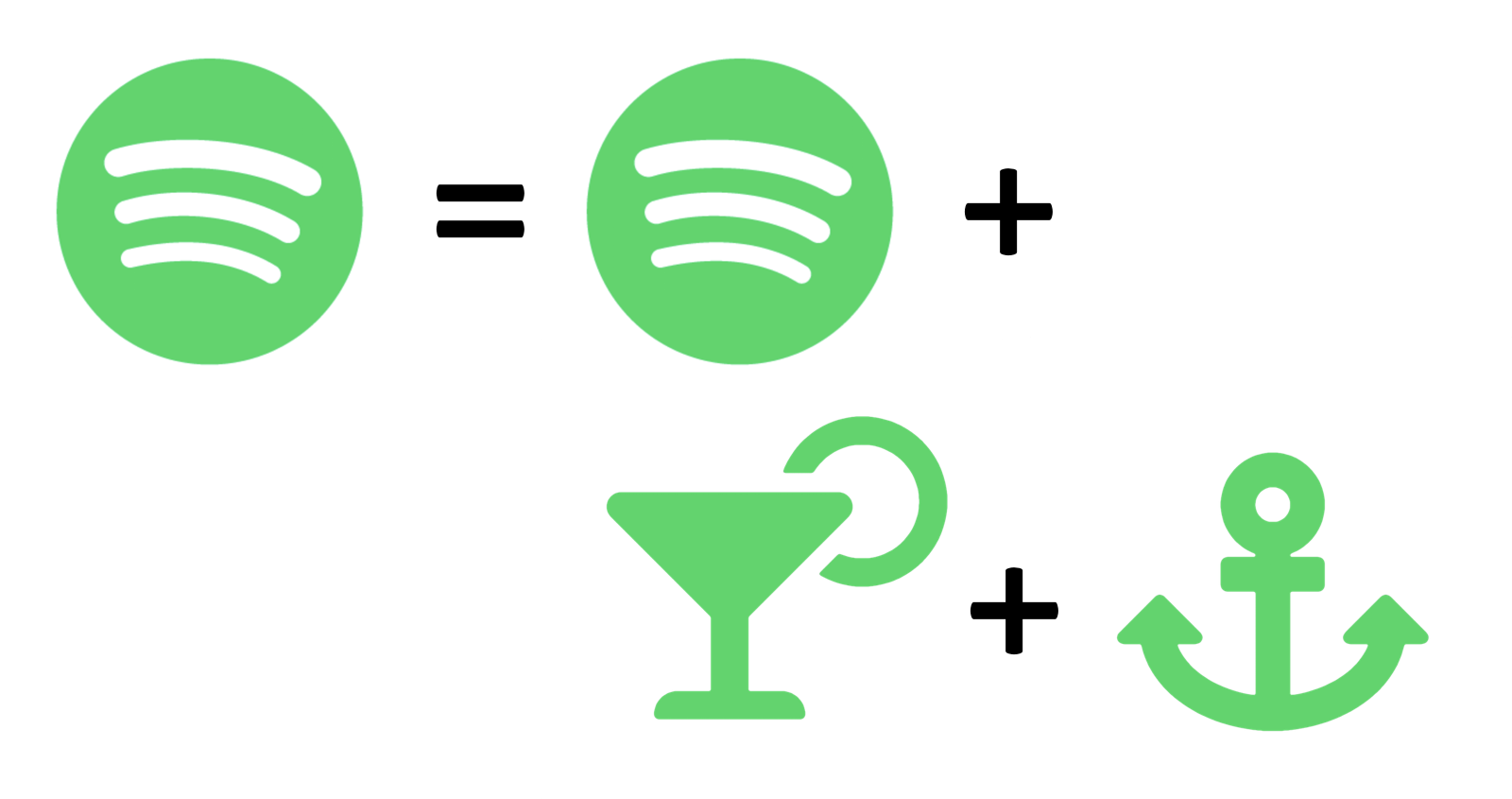
Told you Spotify wasn’t done shopping.
This morning, the Swedish streaming company announced that it has closed its acquisition of Gimlet Media and that it had also acquired another podcast company: Anchor, the podcast hosting-and-monetization platform founded by Michael Mignano and Nir Zicherman. Terms of the transaction were not disclosed.
Here’s the press release, and here’s the particularly relevant chunk:
To quickly repeat myself from yesterday’s piece on the subject of Spotify’s podcast angle:With these acquisitions, Spotify is positioned to become both the premier producer of podcasts and the leading platform for podcast creators. Gimlet will bring to Spotify its best-in-class podcast studio with dedicated IP development, production and advertising capabilities. Anchor will bring its platform of tools for podcast creators and its established and rapidly growing creator base.
These two acquisitions directly speak to these pieces: Gimlet for the first strategic target, Anchor for the second.
Founded in 2015, Anchor initially started life as a social audio app — think Twitter, but for audio, which is kind of a throwback to Twitter’s original incarnation, Odeo — that caught some buzz at SXSW the following year. It received venture backing from a pool of investors that includes Betaworks (which also backed Gimlet), Homebrew, GV, The Chernin Group, and Accel, among others. The social-audio thesis didn’t quite go anywhere, and the company eventually pivoted towards what would eventually turn out to be some sort of end-to-end podcasting platform, encouraging new podcast creators to host on their platform (thus functioning as a competitor to Libsyn and Art19) and later launching something called Anchor Sponsorships, an in-platform advertising marketplace for shows hosted on the platform.
With the acquisition of both Gimlet and Anchor, Spotify appears to be angling towards a situation in which it can both function as a publisher and a platform. (Add your Medium platisher jokes here.)1 All the questions I raised in my Spotify analysis column still very much apply, perhaps even more so now. But the biggest one now, in my mind, is: Can you effectively be both at the same time? Can you have your cake and eat it too? As always, it will come down to the execution.Also: I’d like to double down on my tinfoil-hat Gimlet Creative theory. Only, slap Anchor’s Sponsorship marketplace into the mix too.
Spotify has made a huge statement about its intentions with podcasts. They had my interest. But now they have my attention. (Not that I matter in this situation, of course.)
A few closing thoughts: